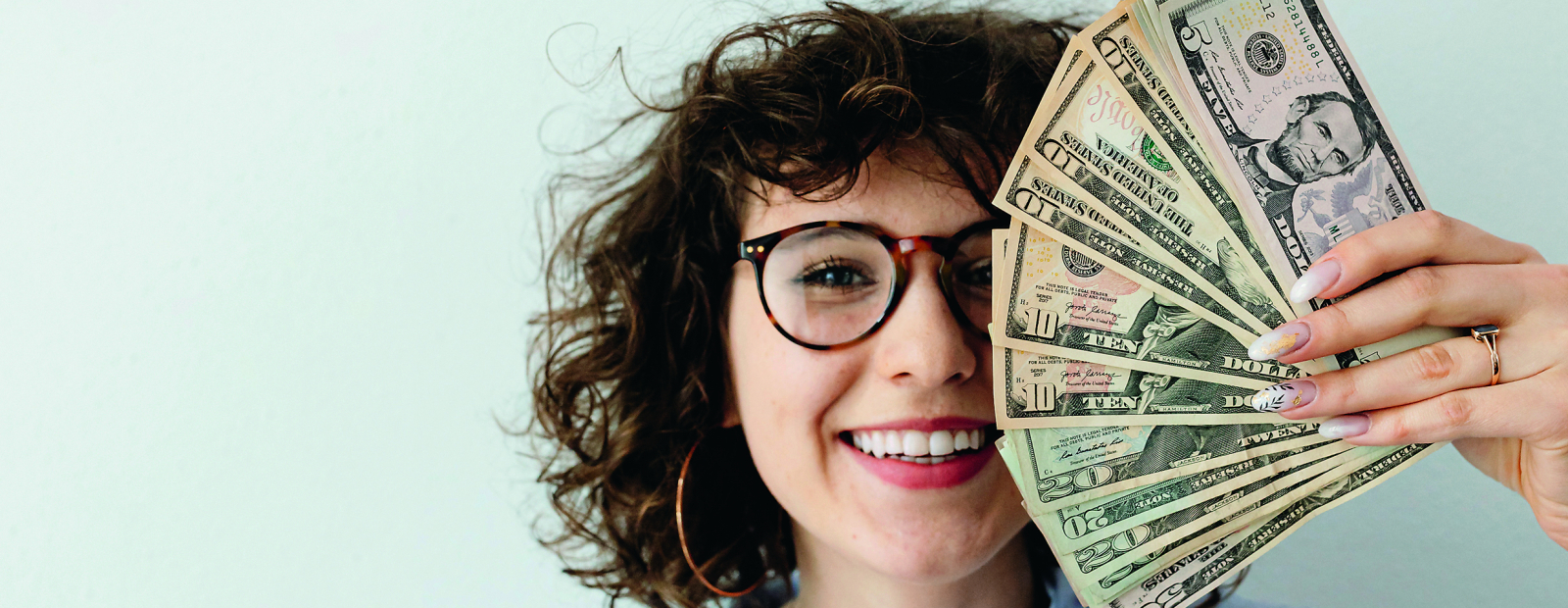Money can’t buy happiness – that’s what the popular saying goes. But is it really? The results of a study conducted by Canadian scientists have shaken this old assumption to its foundations, as it has been made clear that spending a large sum of money on personal needs makes you feel better, at least temporarily.
Since money has become a measure of human success, much philosophical reflection and scientific research has been devoted to its connection with the feeling of happiness. Scientists at the University of British Columbia also contributed to the search for truth by conducting a very generous social experiment in seven countries.
Reward the educated
They selected three hundred volunteers and blessed two hundred with a bundle of money in the amount of 10 thousand US dollars. Each of these people was allowed to spend the full ten thousand dollars in exchange for allowing the scientists to analyze the participants’ state of happiness for the next six months. The remaining 100 were used as a control group to understand how their sense of happiness changes in an identical environment without receiving additional funds. The money for the experiment was given by two anonymous donors, for a total of two million dollars.
To measure the effects of money in different contexts, the researchers selected participants from three poor countries – Brazil, Indonesia and Kenya – and four rich countries – Australia, Canada, the United States and the United Kingdom. The randomly selected participants ranged in age from 21 to 78 and their annual incomes ranged from $0,000 to $400,000. Importantly, the money was not distributed to the needy, but to people with sufficient potential to earn their own money. 82% of participants had at least a college degree and knew how to use modern technology, as the mysterious experiment was announced on social networks and had to apply digitally by filling out a questionnaire about their financial situation and well-being. The money was also transferred to the bank account via PayPal platform, reports PNAS magazine.
Along with the money, the 200 lucky people were instructed to spend it as they see fit within the next three months, as well as fill out a regular happiness rating questionnaire for the next six months.
The poor become happier
The results obtained were somewhat predictable. The feeling of happiness grew fastest among the poorest people. The happiness index of people from poor countries has tripled compared to volunteers from rich countries. On the other hand, for those who earn about 10,000 dollars a year, the feeling of happiness is doubled compared to those who earn 100,000 dollars a year. Significantly, the euphoria remained until the end of the study. So at least six months.
The differences in the increase in happiness can be explained by the fact that in developing countries 10 thousand dollars is a whole fortune, which can be used to significantly improve living conditions, while in rich countries this amount is equal to a few salaries monthly. This is confirmed by the fact that participants with an annual income greater than $123,000 did not actually experience an increase in feelings of happiness. However, since only 1% of the planet’s population earns such an amount, the authors of the work are inclined to believe that 10 thousand dollars can significantly improve the mood of 99% of humanity.
“Ten thousand dollars can really buy a lot in certain parts of the world. Some people have spent a lot of money paying off their mortgages or doing major repairs to their homes,” the TV channel said. NBC News said study co-author Ryan Dwyer, adding that some of the participants bought cars and fulfilled other long-held dreams.
This prompted scientists to use the data for the next round of research. He will find out how the use of money affects the feeling of happiness. That is, if getting out of debt has made people happier than, say, fulfilling an old dream.


